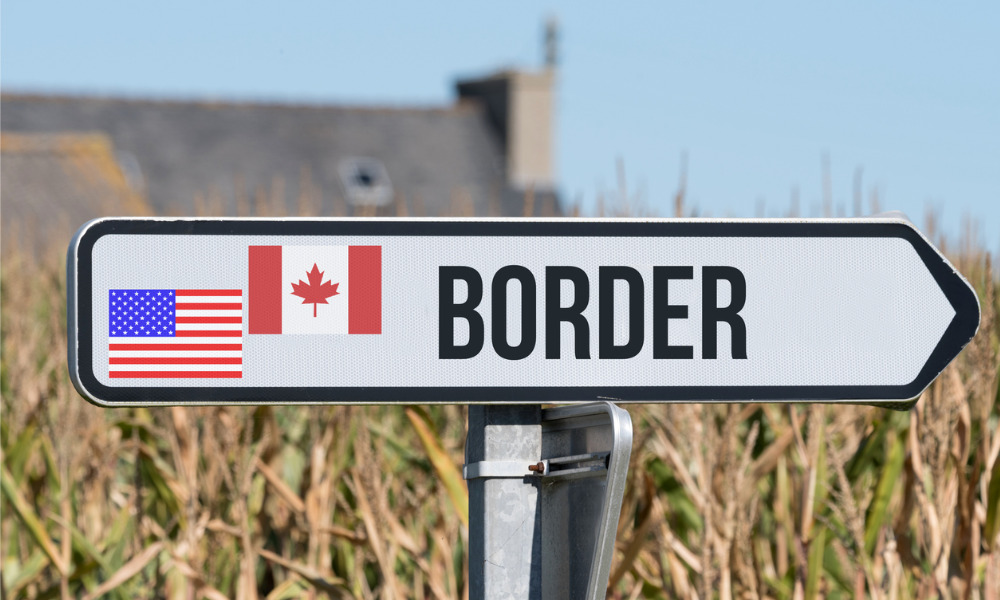Case stresses harm faced by those facing imprisonment and deportation when turned away at border

The Canadian Association of Refugee Lawyers initiated a case on May 4 against the federal government’s Canada-U.S. border restrictions that have prevented most refugee claimants from entering Canada since the start of the COVID-19 pandemic.
The association’s media release noted that, following the COVID-19 outbreak, Bill Blair, public safety and emergency preparedness minister, initially stated that the government would not turn away refugee claimants at the Canadian border and instead impose a health screening and a 14-day quarantine.
However, in March 2020, the federal government announced border restrictions that turned back refugee claimants to the U.S. This policy was initially intended to lead to only a temporary return, the media release said.
“CARL has launched this case to provide a voice to vulnerable people during the pandemic who are seeking Canada’s protection and who face harsh consequences when turned back to the U.S. at our border,” said Maureen Silcoff, the association’s president and co-counsel in the legal challenge.
Silcoff said that it is illegal for refugee claimants to be immediately imprisoned when returned to U.S. border officers and be deported to their country of origin without being allowed to make their case in Canada.
The legal challenge emphasized the harm caused by these border restrictions on refugee claimants. The federal government’s policy, according to the challenge, fails to abide by Canada’s international obligations to refugees and to safeguard those who face imprisonment, potential deportation, torture, persecution or even death in their country of origin upon their return to the U.S.
The legal challenge asked the court for an order permitting refugee claimants to enter and to quarantine, as required of other travellers whose entry is deemed essential. Lorne Waldman, the association’s past president and co-counsel in the case, noted that the federal government introduced exceptions to the travel restrictions for those whose travel is considered essential. This exception would include essential workers, actors, professional athletes and family members of Canadian citizens and permanent residents.
“The least we can do for those seeking refugee protection at our border is ensure we abide by the law,” said Waldman, who added that the federal government’s act of turning away refugee claimants jeopardizes their right to receive access to a fair hearing in Canada’s refugee system.
The association, established in 2011, is a non-profit organization consisting of nearly 400 lawyers, academics and law students from across the country. It seeks to serve as an informed national voice on refugee law and the human rights of refugees and forced migrants.










